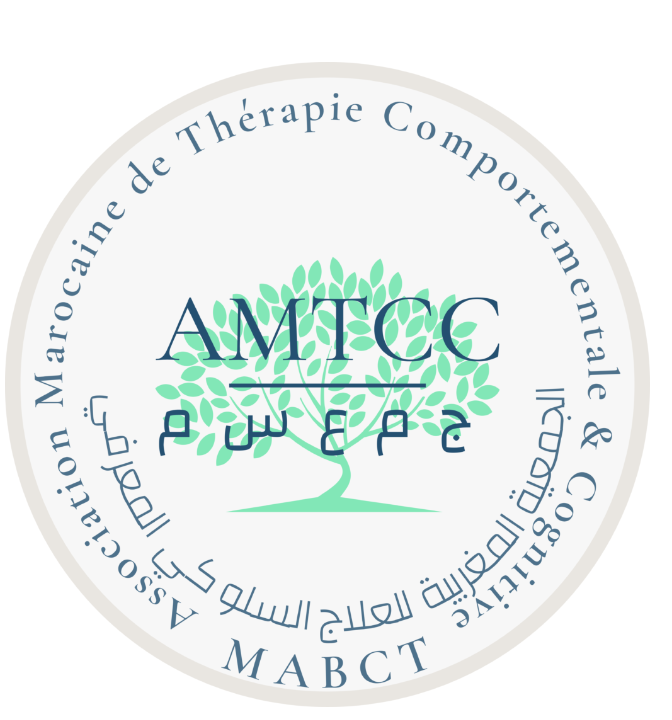
Pioneering CBT in North Africa: Morocco’s Legacy and Leadership
Event Date: December 8, 2025
At the inaugural WCCBT–WHO Africa Development Roundtable, Dr. Jamal Chiboub, founder and vice-president of the Moroccan Association for Behavioural and Cognitive Therapy (MABCT), highlighted Morocco’s long-standing role as a bridge between cultures — and as one of the first African countries to institutionalize CBT training and practice. Dr. Chiboub affirmed his commitment to working with the WCCBT and other CBT leaders across the African continent to build a regional CBT Association of Africa.

Founded in 1999, the MABCT has hosted 25 national congresses and partnered with international organizations, including the EABCT and WCCBT, to provide specialized CBT education. Morocco’s CBT movement began with a focus on psychiatry and clinical psychology, establishing university diploma programs in medicine schools and private centers. Hundreds of professionals have been trained, yet fewer than 10 percent currently practice CBT regularly — a gap Dr. Chiboub attributes to limited supervision and infrastructure.
He underscored Morocco’s diversity — Amazigh, Arab, Andalusian, Saharan, and Sub-Saharan communities — and the need to adapt CBT to cultural and economic realities, ensuring therapy resonates with local languages, traditions, and beliefs.
“It is vital to adapt cognitive-behavioural therapy to each culture’s specificities,” Dr. Chiboub emphasized. “Exchange with our North- and Sub-Saharan colleagues is the key to growth.”
Morocco’s achievements laid the foundation for CBT’s expansion across the continent — inspiring the Pan-African network that evolved into the WCCBT–CBT Organization of Africa Development Taskforce.

